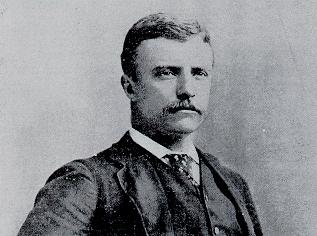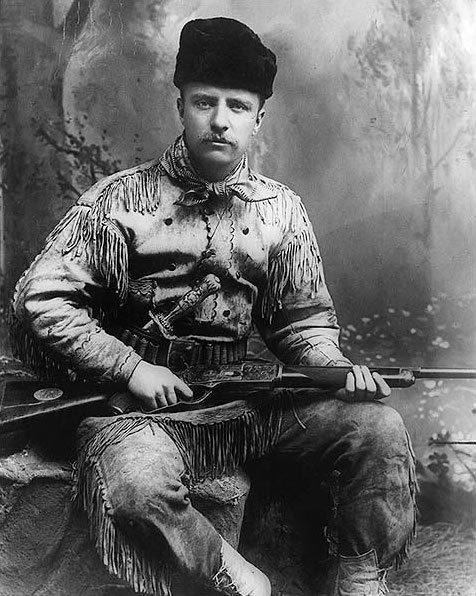In 1895, Theodore Roosevelt returned to his hometown to take on the enormous task reforming its incredible corrupt police department. He appeared in all major newspapers as he undertook this task as a surefire way to raise his public profile and improve his political chances for the future.
He was known for his zeal in getting things done and only lasted two years as police commissioner. New York at the time was known to be both the country’s financial capital and its news capital. It also boasted a fine arts community and had the nation’s largest ports. It was a chaotic city with no traffic lights and very few road rules.

The police force was known for its crooked deals such as “shakedowns” of brothel madams for large payoffs. The common cops on the corner took bribes from fruit vendors and bootblacks who wanted the choicest places. Before the Mafia came to New York City, it was the captains of the police force who “ran” the crime in their districts and settled disputes between criminals.
Mr. Roosevelt’s presence in New York and the way he enforced all the laws for both civilians and police behavior in the city startled everyone. One of his biggest public mistakes was when he tried to shut down the saloons on Sundays. This caused widespread unrest by the workingmen who toiled for six days a week and expected to be able to rest and drink beer with their companions in their favorite venues.
He attempted to have fair elections, and he and his board created a pistol shooting range, which is now credited by historians as leading to the founding of police academies. His campaign for the shutdown of the saloons had a catastrophic effect on his political career, and it lost him his Republican Party endorsement in the city elections of 1895.

His most renowned action was the night he and his reporter friend Jacob Riis decided to wander the streets after midnight. They walked for hours and observed what police officers they could encounter walking their beats. On June 8, 1895, a newspaper article appeared with the story on how he found the police asleep at their posts or socializing instead of doing their jobs. A handful of officers ended up in Roosevelt’s office for a formal reprimand and no doubt these men started to behave for a while, at least as long as they feared that Roosevelt would be taking late night strolls.
The summer gained him back some of his credibility with the people as the city was hit by a heat wave and his response to this was to get himself and his police out on the street helping people and distributing ice to those who needed it the most. With hard campaigning, Roosevelt managed to move to a new post in the Navy as an assistant secretary and left New York.

His reforms and actions in the city barely made a difference, and the city returned to its bad behavior once he was gone. The only effect his stint as police commissioner had was on his own career, as it gave him the reputation for being a reformer, About Education reported.
Even though he worked as police commissioner for such a brief time, his stint in New York has been elevated to almost legendary status in the modern city of New York and has been the topic of many a book.
